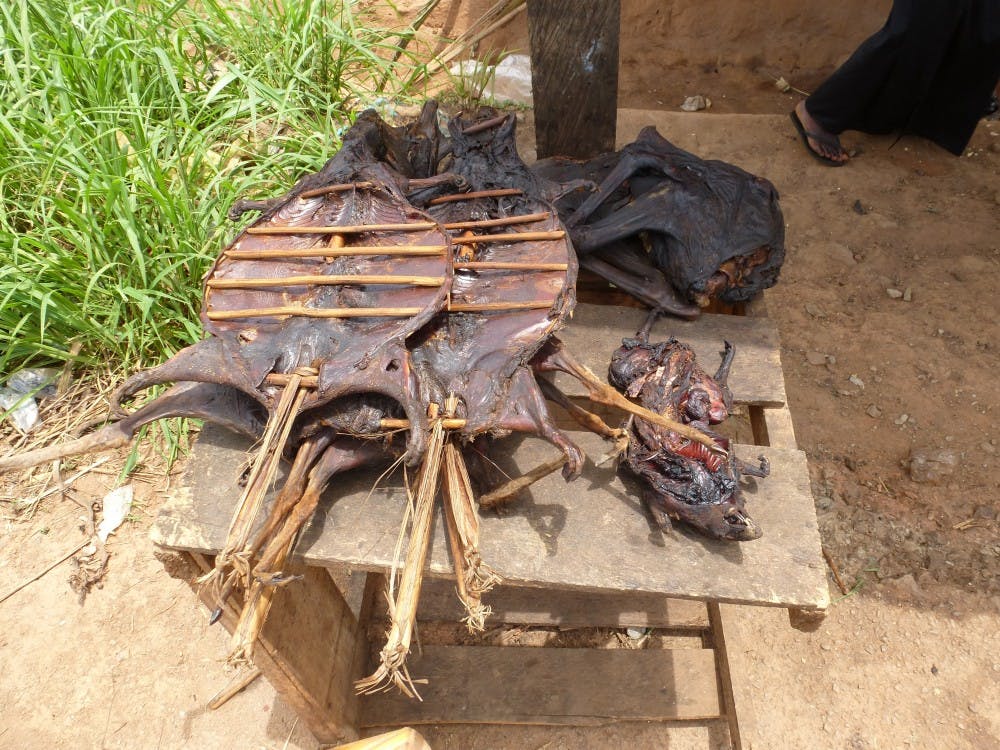By Joe Friedrichsen | Echo
As West Africa struggles with the largest outbreak of Ebola in its history, the cure for the virus may come from an unlikely source: the blood from its survivors.
The Associated Press reported that, beginning on Thursday, the World Health Organization (WHO) will convene 200 experts at a two-day conference in Geneva, Switzerland to consider which experimental Ebola treatments should be prioritized.
Evidence for the effectiveness of the Ebola blood treatment is mixed. Despite this, some experts believe that because there are no licensed drugs or vaccines for Ebola, the treatment is worth a shot. Some scientists think using antibodies from the blood of Ebola survivors could help infected patients.
Antibodies are proteins produced by the body's immune system to fight pathogens, such as bacteria and viruses. In the event of a future infection, antibodies stay in the blood to destroy the same foreign substance.
According to WHO's blood network, an international group of blood regulators, there are thousands of survivors from past Ebola outbreaks in Africa who could be used as a source of blood.
In West Africa, there have been no organized attempts to use the blood of survivors to treat patients. However, in the U.S., blood from a 14-year-old boy who survived Ebola was given to American doctor Kent Brantly in July. Brantly also retrieved doses of experimental drug ZMapp and was released from an Atlanta hospital in August. It's unclear what was responsible for Brantly's recovery.
This untested ZMapp drug has drawn much attention. It was given to seven patients, two of whom died. However, according to the Wall Street Journal, the limited supply is now exhausted and its developer, Mapp Biopharmaceutical, Inc., says it will take months to make even a modest amount.
Although ZMapp has not been officially studied in humans, the BBC reported ZMapp was 100 percent effective in studies on monkeys.
On Monday, the first of several Ebola vaccine trials began in the U.S. Researchers are studying how human immune systems respond to it, reported the BBC.
"There is an urgent need for a protective Ebola vaccine, and it is important to establish that a vaccine is safe and spurs the immune system to react in a way necessary to protect against infection," said Anthony Fauci, director of the National Institute of Allergy and Infectious Diseases, which helped develop the drug.
According to WHO, the fatality rate for Ebola during this outbreak has been about 50 percent. At least 3,000 people have been infected with the virus. On Aug. 29, a fifth country, Senegal, confirmed its first case.





